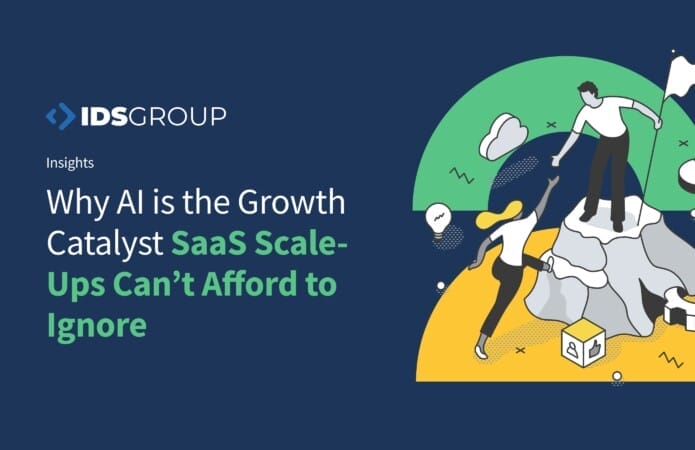In association with Leeds Digital Festival, IDS Group is thrilled to have joined forces with Garbutt + Elliot to bring together a masterclass of experienced technology minds, who will each share their wisdom — with the aim of helping SaaS businesses to secure the funding that they need to grow.
Aiming to keep the sector’s brightest tech ventures and talent within the Leeds City Region, the event is a celebration of what the area has to offer, and an important catalyst to take existing innovations to the next level.
Promising a fast-paced and thought-provoking session — complemented by a diverse and experienced panel of entrepreneurs — the morning is perfect for those with an established SaaS product, who are looking to achieve higher returns through tech acceleration and investment.
Sharing their own individual advice and experiences — followed by an opportunity for questions from attendees — panellists include, Peter Hindle-Marsh, non-executive director at agile software development and systems integration specialist, IDS Group; Simon Palmer, partner at accountancy firm, Garbutt + Elliot; Melissa Hendry, founder and managing director of digital transformation agency, Ddroidd plus Nick Halliday, founder of strategic software solution, eviFile.
Keeping the session on track and delivering maximum value for attendees will be compere, Dr Simon Jones, former associate dean at Leeds Beckett University, and current dean of business and law at Buckinghamshire University.
In addition to the sharing of knowledge, there will be an opportunity to network with others from the tech for growth ecosystem — promoting better connections and support among the local technology community.
Taking place on 29th September from 9am at The Chambers, Leeds, LS1 2SP, and jointly sponsored by IDS Group and Garbutt + Elliot, the event will open with breakfast and networking, before the masterclass commences at 9.30am.
Register your FREE place:
https://www.eventbrite.co.uk/e/securing-your-next-round-of-funding-tickets-167623040025

